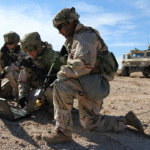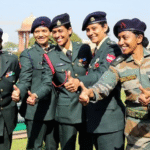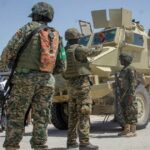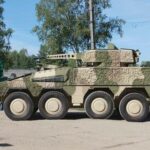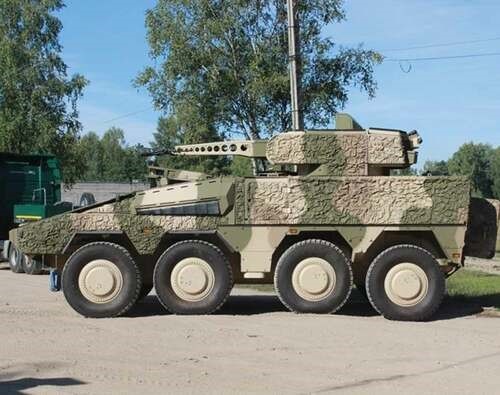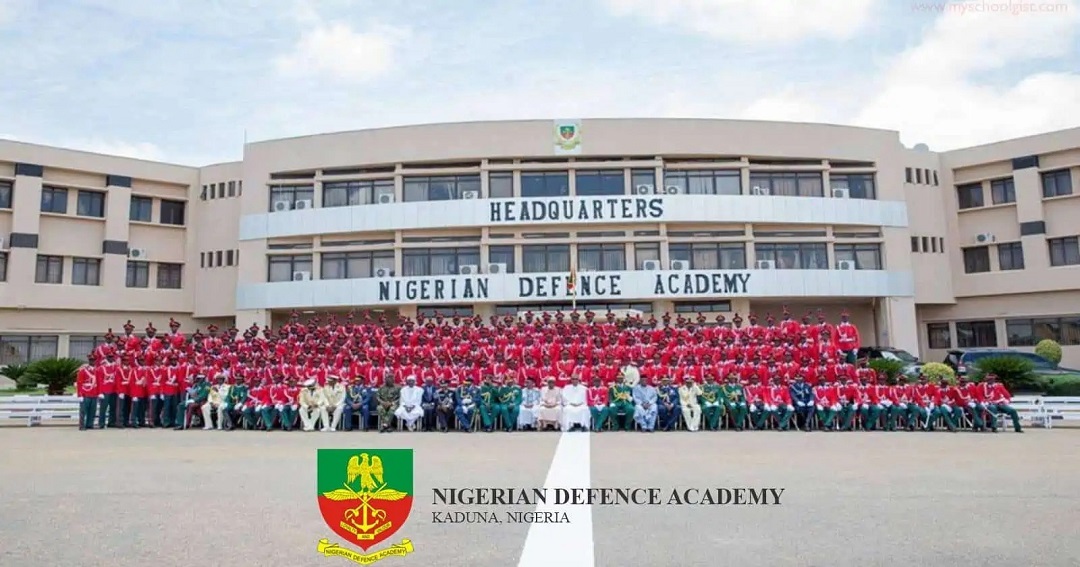
THE ROLE OF THE NIGERIAN DEFENCE ACADEMY IN TRAINING LEADERS
The Nigerian Defence Academy (NDA), established on February 5, 1964, in Kaduna, Nigeria, stands as the nation’s premier military university and a symbol of excellence in defence education. Originally a transformation of the Royal Military Forces Training College a British institution renamed the Nigerian Military Training College after independence the NDA was modelled after India’s National Defence Academy, embodying a vision to develop competent, disciplined, and intellectually grounded military officers for the Nigerian Armed Forces. Its core mission remains the integration of academic excellence, military discipline, and character development to produce officers for the Army, Navy, and Air Force who exemplify loyalty, valour, and service to the nation.
The academy’s history reflects Nigeria’s post-independence drive toward self-reliance in military training. Beginning with a modest intake of 62 cadets trained largely by Indian Army officers, the NDA achieved full Nigerianization of its staff by 1978 a significant milestone in national capacity building. In 1981, it began offering bilateral training programs for foreign militaries, strengthening regional defence cooperation across West Africa. By 1985, the academy introduced undergraduate degree programs, later expanding to postgraduate studies including MSc and PhD degrees for both military and civilian scholars. These developments transformed the NDA into a full-fledged university without compromising its military essence. A landmark moment came in 2011 with the admission of the first female cadets, marking a progressive step toward gender inclusivity in leadership training.
Related Article: THE ROLE OF DEFENCE CONFERENCES IN GLOBAL PARTNERSHIPS
At its core, the NDA’s mission as defined by the Nigerian Defence Academy Act is to deliver a balanced curriculum integrating academic education, military training, and moral development. This holistic approach prepares cadets to assume progressive leadership roles within the Armed Forces while upholding ideals of unity, integrity, and national service. The academy operates under a Governing Council chaired by the Minister of Defence, ensuring that its programs align with national defence objectives. Specialized directorates oversee military training, logistics, administration, and academics, while bodies such as the Academy Board and Military Training Committee rigorously evaluate cadet performance and commissioning eligibility.
The NDA’s flagship program, the Regular Combatant Course, spans five years four dedicated to academic studies and one to intensive military training. Graduates earn a bachelor’s degree and receive presidential commissioning as Second Lieutenants or equivalents in the Armed Forces. The academic curriculum is broad and multidisciplinary, encompassing engineering, sciences, military studies, arts, and social sciences to meet the evolving needs of defence and national development. Faculties in Engineering, Science, Arts and Social Sciences, Military Science, and Management Science provide deep, specialized knowledge. Beyond the classroom, cadets engage in enriching extracurricular activities, such as participation in the NDA Band, sports, and counselling programs all designed to promote physical fitness, discipline, and teamwork.
Leadership development lies at the heart of NDA training philosophy. The Directorate of Military Training equips cadets with essential command and tactical skills, emphasizing decision-making, adaptability, and ethical leadership. Rigorous field exercises and adventure training at locations such as Shere Hills in Plateau State test cadets’ endurance, initiative, and team spirit.
The NDA’s influence extends beyond Nigeria’s borders. By training foreign cadets from nations including Burkina Faso, Cameroon, and Sierra Leone, the institution fosters international military cooperation and contributes to regional stability. It also advances research and innovation through centres focused on strategic studies, defence policy, and critical thinking, reinforcing Nigeria’s role in continental security discourse. Furthermore, the academy’s civic and community outreach initiatives promote discipline, leadership, and patriotism among the youth, strengthening national unity and social cohesion.
Over the decades, the NDA has produced a distinguished alumni network that occupies prominent positions in national and global leadership. Notable alumni include His Eminence Alhaji Sa’ad Abubakar, the Sultan of Sokoto, who exemplifies a blend of traditional and military leadership; Lieutenant General Onyeabo Ihejirika, former Chief of Army Staff known for strategic reforms; and Major General Bashir Salihi Magashi, who served as Minister of Defence. Other illustrious graduates such as General Ipoola Alani Akinrinade, Vice Admiral Allison Madueke, and General Owoye Andrew Azazi have contributed immensely to Nigeria’s defence and governance, demonstrating the academy’s enduring impact on the nation’s leadership landscape.
The Nigerian Defence Academy remains pivotal in addressing current security challenges, from cyber threats to asymmetric warfare. Through continuous curriculum updates, expansion of postgraduate programs, and international collaborations, it strives to produce adaptive, forward-thinking officers equipped for the complexities of modern defence. Anchored in its enduring traditions of honour, courage, and service, the NDA stands as a beacon of military excellence, ensuring that Nigeria’s Armed Forces remain prepared to safeguard the nation’s sovereignty and uphold peace within and beyond its borders.
King Richard Igimoh, Group Editor ALO
King Richard Igimoh, Group Editor African Leadership Organisation is an award-winning journalist, editor, and publisher with over two decades of expertise in political, defence, and international affairs reporting. As Group Editor of the African Leadership Organisation—publishers of African Leadership Magazine, African Defence & Security Magazine, and Africa Projects Magazine—he delivers incisive coverage that amplifies Africa’s voice in global security, policy, and leadership discourse. He provides frontline editorial coverage of high-profile international events, including the ALM Persons of the Year, the African Summit, and the African Business and Leadership Awards (ABLA) in London, as well as the International Forum for African and Caribbean Leadership (IFAL) in New York City during the United Nations General Assembly.
Recent Posts
Categories
- Air & Aerospace16
- Border Security15
- Civil Security4
- Civil Wars4
- Crisis5
- Cyber Security8
- Defense19
- Diplomacy19
- Entrepreneurship1
- Events5
- Global Security Watch6
- Industry8
- Land & Army8
- Leadership & Training5
- Military Aviation5
- Military History27
- Military Speeches1
- More1
- Naval & Maritime9
- Resources2
- Security12
- Special Forces1
- Systems And Technology9
- Tech6
- Uncategorized3
- UNSC1
- Veterans6
- Women in Defence9
Related Articles
DEFENCE OFFSETS AND LOCAL MANUFACTURING: ARE AFRICANS BENEFITING?
Defence offsets have become a central feature of global arms procurement, particularly...
ByKing Richard Igimoh, Group Editor ALOJanuary 9, 2026AFRICA’S DEFENCE FUTURE IN A MULTIPOLAR WORLD
Global power is no longer dominated by a small circle of superpowers....
ByKing Richard Igimoh, Group Editor ALOJanuary 2, 2026TECHNOLOGY TRANSFER: WHAT AFRICA GAINS FROM GLOBAL DEFENCE PARTNERSHIPS
As geopolitical alliances realign, African countries are rethinking how they secure their...
ByKing Richard Igimoh, Group Editor ALODecember 18, 2025AFRICA’S DEFENCE INDUSTRIES AT A TURNING POINT
Africa’s defence industries stand at a critical moment. Although the continent spends...
ByKing Richard Igimoh, Group Editor ALODecember 12, 2025



